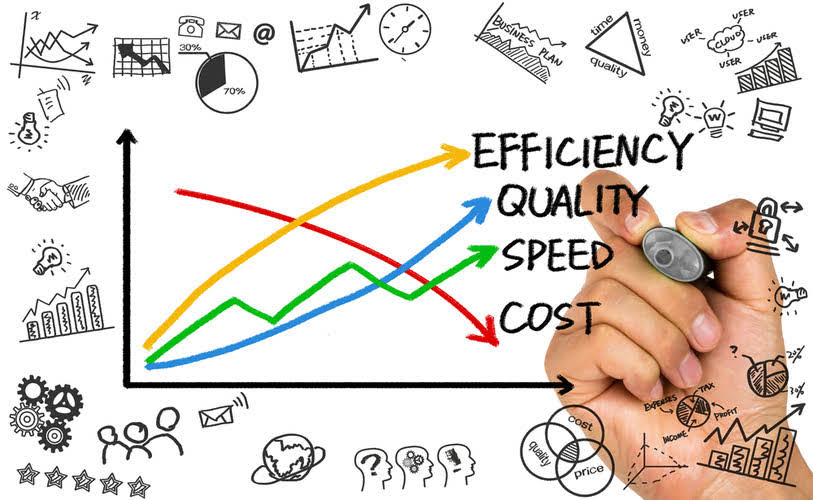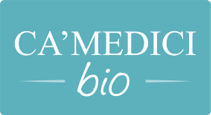Accounting Strategies for Vineyards and Wineries

We’ll start by having a conversation with you to see where you’re at, what you need, and how we can help. We are here to help make the finance part work, so that you can build a successful winery that will sustain itself, and you, for generations to come. This material is for informational purposes only and should not be construed as financial or legal advice. Please seek guidance specific to your organization from qualified advisers in your jurisdiction. Wineries frequently overlook how proactive tax plans can help significantly bolster finances.
New Tax Reform Offers Key Opportunities for Wineries and Vineyards
The wine industry in the United States is growing, and with it the need for trusted professionals to help vintners of all kinds navigate accounting issues and business challenges specific to the sector. The authors explain the numerous places in the wine-making process where accounting Accounting Periods and Methods expertise is necessary. They also illustrate examples of the types of frauds in the industry that can be prevented by strong internal controls.
Private Client Services
Positive cash flow from operations indicates that the winery can cover its operating expenses and invest in growth opportunities. Common mistakes include not keeping accurate records, neglecting to track all expenses, and misunderstanding tax laws. To avoid these pitfalls, wine businesses should maintain detailed financial records, regularly review and update their books, and stay informed about relevant tax regulations. Partnering with a specialized accounting service like Protea Financial can help mitigate these risks. If you are in the wine industry and have questions about accounting or bookkeeping, Protea Financial is here to help.
- Direct costs are those that can be directly attributed to the production of grapes, such as labor, fertilizers, and water.
- In other words, management reports are the diagnostics on your winery’s financial health.
- Edited by CPAs for CPAs, it aims to provide accounting and other financial professionals with the information and analysis they need to succeed in today’s business environment.
- Professional wine accounting services, like those offered by Protea Financial, provide expert guidance in managing complex financial aspects of the wine business.
- An eligible vineyard taxpayer has the option to expense or capitalize these costs into the basis of the vine.
Pre-productive Costs
Although preventive controls are essential, detective controls can also be helpful for wineries storing wine in bonded warehouses. For example, if the bonded warehouse is responsible for paying excise taxes, winery personnel should follow up with the tax authorities to make certain that taxes have been paid. Periodic physical inventory counts of bottles stored at bonded warehouses can also help to detect https://www.bookstime.com/articles/scalefactor inventory theft. Wine sales may be direct-to-consumer through tasting rooms or wine clubs, or to a third-party distributor.

Inventory counts are important controls in wineries because they help determine if there has been any misappropriation and comply with TTB recordkeeping requirements. These bottles, of course, must be properly accounted for with respect to TTB and excise tax purposes. Winemaking costs vary considerably because of the variations in varietal production processes and aging requirements. Determining the applicable costs to include in inventory can be challenging, but tracking such costs is crucial for both proper winery management and proper tax reporting.
Wine Costing & Inventory Support
- Some of these changes focus on the ability to accelerate losses and deductions beginning with the 2018 year.
- Regardless of the ease of changing your entity structure, careful analysis should be completed prior to any change to mitigate any unintended consequences.
- Deeply immersed within the wine industry, our professionals appreciate the nuances of your operations and challenges as many helped run, grow, and operate premiere wineries during their careers.
- Illuminate vital data—like direct-to-consumer and wine club management, financial statistics, and personnel activities—to transform your business into a collaborative, data-driven organization.
- Wineries may choose to utilize other industry contacts or a CPA with wine industry experience to discuss the best approach for the situation.
- Currently, qualified dividends are taxed at a lower rate than ordinary income, so the resulting tax bill can be significantly lower than if the export income was taxed at ordinary income rates (Ricioli).
- This irregularity necessitates a strategic approach to cash flow management to ensure that operations remain smooth and uninterrupted.
We understand the unique needs of the wine industry and can provide expert guidance on all financial matters. Whether you need assistance setting up your books or preparing for tax season, we can help you navigate the complexities of the wine business. Contact Protea Financial today to learn more about our services and how we can help you run your business more efficiently. By tracking your income and expenses and knowing your profit (or loss), you’ll have a better handle on the financial health of your business.
Accounting for Vineyards and Wineries (#

Moss Adams LLP and its affiliates assume no obligation to provide notification of changes in tax accounting for vineyards and wineries laws or other factors that could affect the information provided. A common method of allocating shared facility costs to functional departments is to capture such expenses in a cost center and allocate them based on the amount of space occupied by each department. Cost for inventory may use several methods to best match the production processes, including the following.

How can tax accounting impact a winery’s operations?
Direct costs are those that can be directly attributed to the production of grapes, such as labor, fertilizers, and water. Indirect costs, on the other hand, include overhead expenses like equipment depreciation, property taxes, and administrative salaries. By accurately categorizing these costs, vineyard managers can gain a clearer picture of where their money is going and identify potential areas for cost reduction. The big difference with accrual accounting is that it adheres to the Matching Principle, which is a cornerstone of GAAP (Generally Accepted Accounting Principles). This Matching Principle dictates that expenses should be recorded in the same period as the revenues they help generate.


Commenti recenti